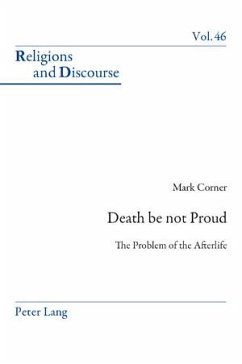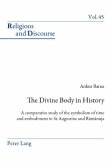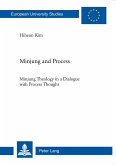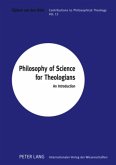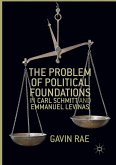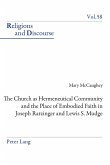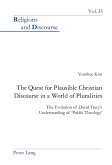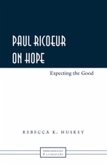Might people one day live for ever? Would they want to? What sense can be made of ideas commonly referred to in terms of an 'afterlife'? What about notions of Heaven and Hell, of Purgatory and reincarnation? And in what sort of state are human beings expected to be during this 'afterlife' - immortal souls or resurrected bodies (and does either notion make sense)? What about the fact that any 'afterlife' concerns not just the fate of individuals but of society ('communion of saints') and even the physical universe itself?
This book tries to survey some of the existing arguments about life 'after' death, with chapters on material from Christian tradition (particularly the New Testament and the Early Church) and from the philosophy of religion. It then attempts to reach its own conclusions, drawing on Kant and Barth in order to suggest that death is to be overcome rather than survived.
This book tries to survey some of the existing arguments about life 'after' death, with chapters on material from Christian tradition (particularly the New Testament and the Early Church) and from the philosophy of religion. It then attempts to reach its own conclusions, drawing on Kant and Barth in order to suggest that death is to be overcome rather than survived.

